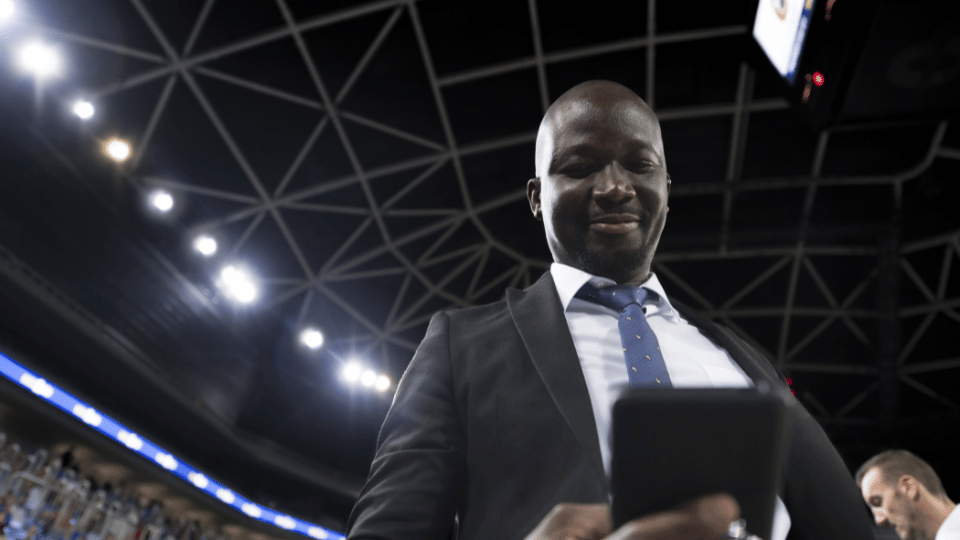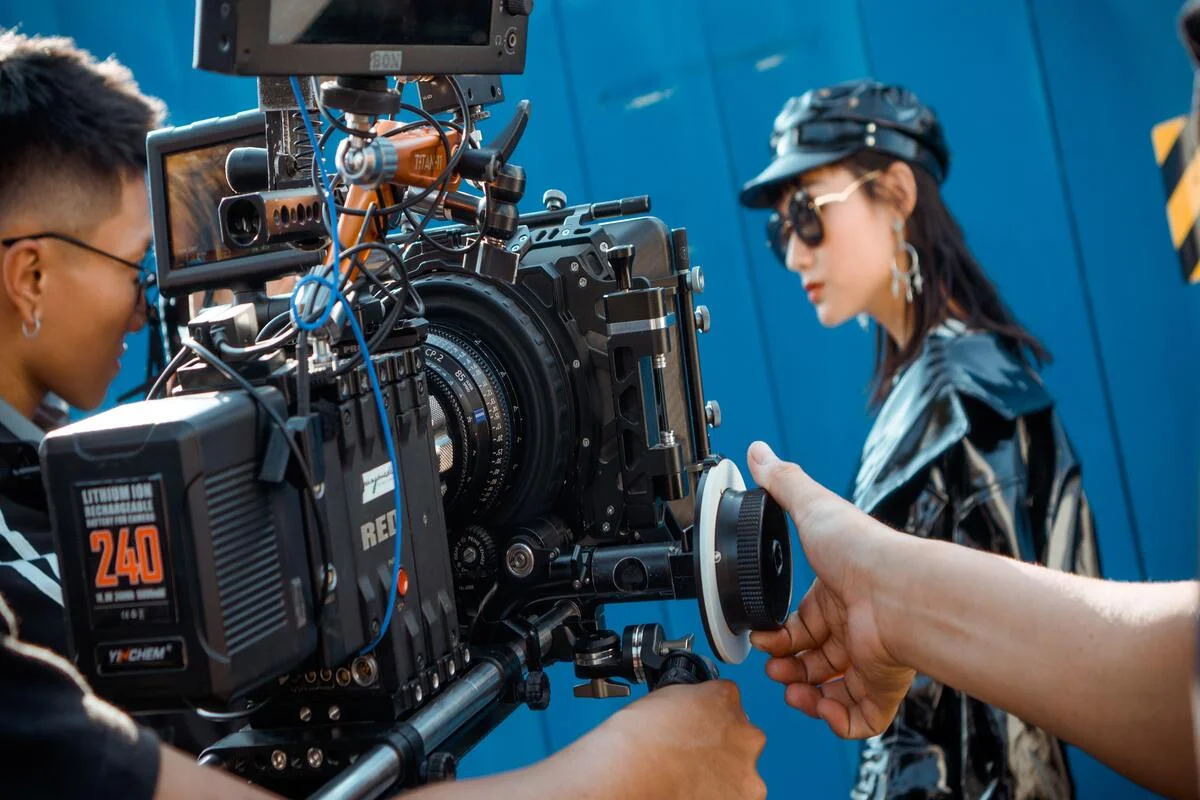If you have a passion for sports and a keen eye for talent, a career as a sports talent scout might be the perfect fit for you. As a talent scout, your role is to identify and recruit promising athletes for professional teams, colleges, or sports agencies. It’s an exciting and rewarding job that allows you to be at the forefront of discovering the next big sports superstar. In this article, we will explore the ins and outs of sports talent scout jobs, including the skills required, the job responsibilities, and how to break into this competitive industry.
Understanding the Role of a Sports Talent Scout
A sports talent scout is responsible for identifying potential athletes who have the skills and potential to excel in their respective sports. They evaluate athletes based on their physical abilities, technical skills, mental toughness, and overall potential. Talent scouts often attend games, tournaments, and competitions to observe athletes in action and assess their performance. They also conduct interviews and gather information about an athlete’s background, work ethic, and character. This comprehensive evaluation helps talent scouts make informed decisions about which athletes to recruit.
Essential Skills for Sports Talent Scouts
To excel in the field of sports talent scouting, certain skills are essential. These skills include:
- Knowledge of Various Sports: A talent scout should have a deep understanding of the sport they are scouting for. This includes knowledge of the rules, strategies, and nuances of the game.
- Observation and Evaluation Skills: Talent scouts must have a keen eye for talent and the ability to assess an athlete’s potential accurately. They should be able to identify strengths, weaknesses, and areas for improvement.
- Networking and Communication Skills: Building relationships with coaches, athletes, and other industry professionals is crucial for a talent scout. Strong communication skills are necessary to effectively convey their assessments and recommendations.
- Research and Data Analysis: Talent scouts need to gather and analyze data to make informed decisions. They should be comfortable using various scouting tools, technology, and statistical analysis to assess an athlete’s performance.
- Flexibility and Adaptability: The sports industry is dynamic, and talent scouts must be able to adapt to changing circumstances. They should be open to new approaches and strategies in talent evaluation.
Job Responsibilities of a Sports Talent Scout
The day-to-day responsibilities of a talent scout can vary depending on the organization they work for. However, some common tasks include:
- Attending Games and Events: Talent scouts spend a significant amount of time attending games, tournaments, and events to identify potential athletes. They observe athletes in action, take notes, and evaluate their performance.
- Conducting Background Research: Talent scouts gather information about athletes, including their past performances, injuries, academic records, and personal background. This information helps them make informed decisions about potential recruits.
- Evaluating Athlete Potential: Talent scouts assess an athlete’s physical abilities, technical skills, mental toughness, and overall potential. They use a combination of observation, data analysis, and interviews to evaluate an athlete’s suitability for recruitment.
- Building Relationships: Talent scouts build relationships with athletes, coaches, and other industry professionals. These connections help them stay updated on emerging talent and potential opportunities.
- Presenting Findings and Recommendations: Talent scouts prepare reports, presentations, and recommendations based on their evaluations. They communicate their findings to coaches, team managers, or agency representatives.
Breaking into the Sports Talent Scouting Industry
Breaking into the sports talent scouting industry can be challenging, but with the right approach and preparation, it is possible. Here are some steps to help you get started:
- Gain Relevant Education: While a formal education is not always a requirement, having a degree in sports management, exercise science, or a related field can give you a competitive edge. Programs such as the NYU Fundamentals of Global Sports Management or courses offered by Yellowbrick can provide valuable knowledge and networking opportunities.
- Develop a Strong Network: Building relationships with coaches, athletes, and industry professionals is crucial. Attend sports events, join professional organizations, and make connections through internships or volunteer work.
- Gain Experience: Consider gaining experience in related roles such as coaching, sports administration, or player development. This will provide valuable insights into the industry and help you develop the necessary skills.
- Showcase Your Skills: Create a portfolio highlighting your scouting reports, evaluations, and recommendations. This will demonstrate your abilities to potential employers.
- Stay Informed: Keep up with the latest trends, technologies, and advancements in the sports industry. Attend conferences, workshops, and seminars to stay updated on best practices in talent scouting.
Sports talent scout jobs offer a unique opportunity to combine a passion for sports with a rewarding career. By developing the necessary skills, gaining relevant experience, and building a strong network, you can position yourself for success in this competitive industry. Remember, persistence and dedication are key, so keep honing your skills, expanding your knowledge, and seizing every opportunity that comes your way.
Key Takeaways:
- Sports talent scouts play a crucial role in identifying and recruiting promising athletes for professional teams, colleges, or sports agencies.
- Essential skills for talent scouts include knowledge of various sports, strong observation and evaluation abilities, networking and communication skills, research and data analysis expertise, and flexibility and adaptability.
- Job responsibilities of talent scouts include attending games and events, conducting background research, evaluating athlete potential, building relationships, and presenting findings and recommendations.
- Breaking into the sports talent scouting industry requires gaining relevant education, developing a strong network, gaining experience in related roles, showcasing your skills through a portfolio, and staying informed about industry trends.
- Consider taking the NYU Fundamentals of Global Sports Management online course and certificate program offered by Yellowbrick to gain valuable knowledge and networking opportunities.
By following these steps and continuously improving your skills, you can increase your chances of success in the competitive field of sports talent scouting. Remember, persistence and dedication are key to achieving your goals. Good luck on your journey to becoming a sports talent scout!







